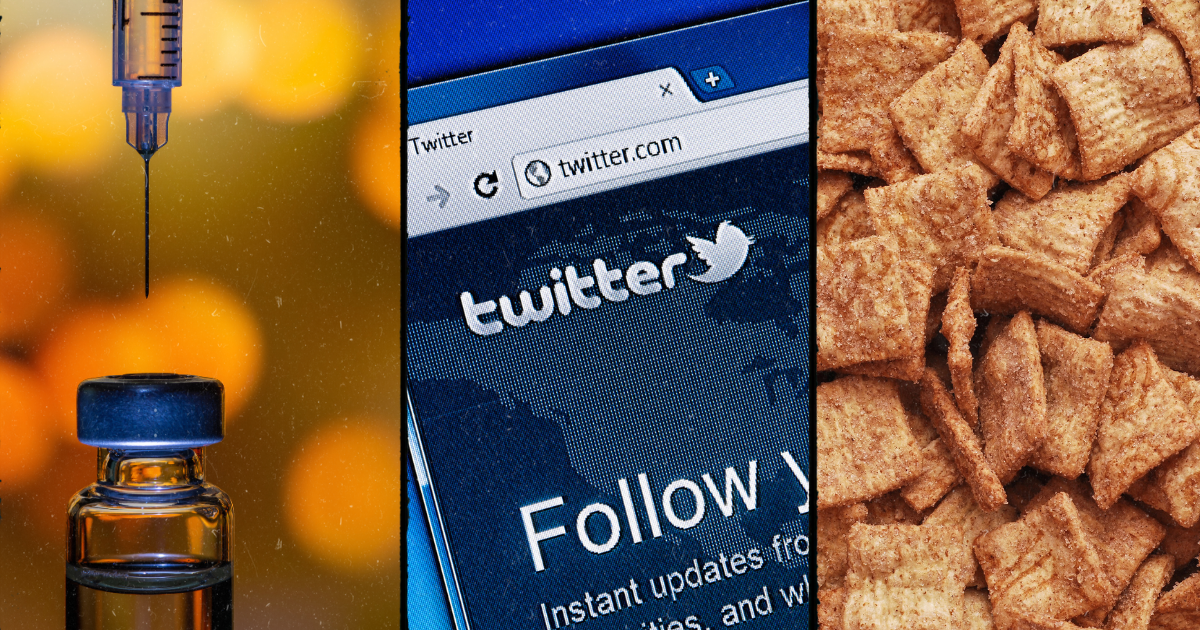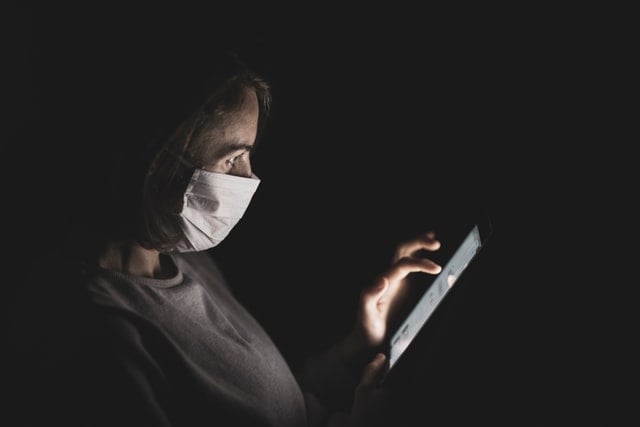Corporate Communications: the ‘Hidden Hero’ in Crisis Preparedness

There is a semester’s worth of crisis management lessons from the recent experiences of Robinhood, when a band of individual investors, based around a Redditt forum, used the stock trading app to take on Wall Street’s hedge funds. A quick summary of the story can be found here.
We no doubt will return to the crisis management lessons in future blogs. For now, we want to focus on what appeared to happen (and did not happen) in Robinhood’s management of its communications before the crisis even unfolded.
The way the company had managed its brand and reputation messaging up to that point really mattered when Robinhood got caught in the crossfire between the Reddit investors and the Wall Street professionals.
It is the perfect illustration of an important recent trend in corporate America, with a lesson for us all: getting tangled up in the differences between the idea of a brand and of a reputation.
Marketing legend David Ogilvy had one of the best, and shortest, explanations of the difference: “Brand is the promise you make. Reputation is whether you live up to that promise.”
Personal finance expert Erik Sherman observed that Robinhood breached those simple rules captured by Ogilvy.
Robinhood’s brand promise is to democratize finance and give all people access to financial markets. Therefore, when during the crisis, to protect its own financial position, Robinhood put a temporary buying restriction on a number of the securities that were the focus of the Redditt investors, it caused a huge backlash.
“For many users this experience undercut the brand’s promise. The result is serious consequences beyond the disenchantment and disaffection of customers,’’ wrote Sherman.
What that means is a loss of reputation based on declining trust among the organization’s key stakeholders. That is hard to win back.
In most organizations, the function tasked with building and protecting reputation is Corporate Communications.
As the Robinhood experience illustrates, trust is the basis of a strong reputation. Trust is built by a company behaving in a way that supports and amplifies its brand promise.
The role of Corporate Communications is to tell the stories and share information with the organization’s key stakeholders in ways that build and deepen belief in the brand promise.
A strong reputation helps you survive adverse events and issues, even if you take a few hits and bumps along the way.
A survey of influential industry leaders published in October 2020 revealed that the corporate communications function is gaining in strength and has become critical in areas such as reputation, social purpose, storytelling, technology and relations with stakeholders.
It is no surprise that since the advent of the pandemic, in this time of almost permanent crisis, investment in corporate communications and reputation building has become such a high priority.
Communications expert Tanya Meck noted in the early days of the COVID crisis that, “First and foremost, the near shutdown of society had underscored the crucial importance of strong corporate communications”.
To underline why strong corporate communications is a high priority even as we begin to enter the post-pandemic world, Meck added: “It’s also important to share information and concerns with customers, vendors, policymakers and key regulators. We must never suspend good communications, no matter the unanticipated challenges.”
There are a number of recent, high-profile examples of the increasing focus on building an effective corporate communications function.
Wells Fargo has suffered more reputation damage than most over recent years since its original miss-selling scandal. One of the ways it is moving beyond the problems is by hiring a powerhouse Head of Corporate Communications, Barri Rafferty, who explained in a recent interview: “I think the company is doing the things we need to really enhance the customer experience, and so communications has the chance to tell that story and rebuild the trust in the brand over time.”
The agency that David Ogilvy co-founded, which has been a center for communications expertise for more than 50 years, just appointed a new CEO for Ogilvy PR, the public relations partner for many major corporations.
When asked by the trade press about her initial focus for the business, Julianna Richter answered: “We are going to bolster and build out the corporate and sustainability, purpose, reputation side of the business because there is a market need to do that.”
It is not always easy, given the pace, complexity and shifting priorities of business life, to focus on the idea that there are things you should do today in order to protect the company should a crisis unfold tomorrow.
Robinhood’s experience is a timely reminder of what happens when the brand promise gets too far removed from how the company behaves and the messages the company shares with key stakeholders, especially at moments of intense scrutiny, damage that promise.
Corporate Communications has been around forever and is not the most glamorous function. It is the workhorse of communications - the day-to-day facilitator of the organization’s messaging and storytelling and the steward of trusted relationships with stakeholders.
Right now, the workhorse is being recognized as a crucial element of the mix in how a company builds a reputation – and protects that reputation when a moment of real crisis emerges.
Learn how hundreds of organizations large and small are using our award-winning issue and crisis management platform, In Case of Crisis, to better prepare for and respond faster to emerging threats.









